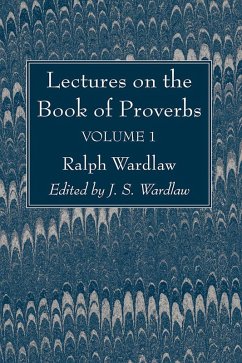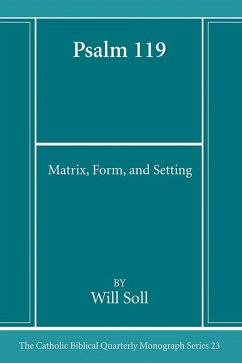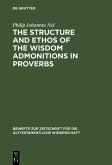Books about Judaism discuss the religion of the Jewish people, whose Abrahamic faith is based on the Torah and belief in a direct covenant with God.
The greater part of this volume (Chapters V. to XII.) is occupied with a study of the teaching of “Wisdom” among the Jews in Palestine during the Hellenistic Age, so far as the subject is represented in the two great collections of Jewish sayings, the Book of Proverbs and Ecclesiasticus. It would be too much to claim that in these chapters the book breaks new ground, for the importance of the Hellenistic period is recognised by students of history, and there have been many commentaries on the Book of Proverbs, nor has Ecclesiasticus been without its expositors. But the historian devotes himself to the relation of events, and the commentator is busy with the thoughts of the several proverbs or with the textual difficulties they present, rather than with their precise historical setting. Here an endeavour has been made to bring the proverbs into close connection with the history, and it is hoped that not only do the proverbs thereby acquire fresh interest, but also that there emerges a picture of the men who made them and used them in the furtherance of morality and faith. Even to professed students of Jewish history the makers of the “Wisdom” proverbs are apt to remain distant and shadowy figures; but we cannot afford to neglect any of the makers of the Bible, and I venture to think that the method followed in this volume makes it possible to appreciate the outlook of these men, to realise their difficulties, and if not to sympathise wholly with their views, at least to feel that they were very human. Whether this brief sketch is successful in attaining its object or not, it is certain that the subject deserves more attention than it has hitherto received.
Besides the numerous maxims in Proverbs and Ecclesiasticus, there are some interesting popular proverbs in the historical and prophetical books of the Old Testament. To these a part of Chapter IV. will be devoted. Occasional references will also be made, especially in the second half of the book, to proverbial sayings taken from the Rabbinical literature of the Jews. The titles of Chapters XIII. to XX. sufficiently indicate the nature of their contents, and require no further comment here.
The greater part of this volume (Chapters V. to XII.) is occupied with a study of the teaching of “Wisdom” among the Jews in Palestine during the Hellenistic Age, so far as the subject is represented in the two great collections of Jewish sayings, the Book of Proverbs and Ecclesiasticus. It would be too much to claim that in these chapters the book breaks new ground, for the importance of the Hellenistic period is recognised by students of history, and there have been many commentaries on the Book of Proverbs, nor has Ecclesiasticus been without its expositors. But the historian devotes himself to the relation of events, and the commentator is busy with the thoughts of the several proverbs or with the textual difficulties they present, rather than with their precise historical setting. Here an endeavour has been made to bring the proverbs into close connection with the history, and it is hoped that not only do the proverbs thereby acquire fresh interest, but also that there emerges a picture of the men who made them and used them in the furtherance of morality and faith. Even to professed students of Jewish history the makers of the “Wisdom” proverbs are apt to remain distant and shadowy figures; but we cannot afford to neglect any of the makers of the Bible, and I venture to think that the method followed in this volume makes it possible to appreciate the outlook of these men, to realise their difficulties, and if not to sympathise wholly with their views, at least to feel that they were very human. Whether this brief sketch is successful in attaining its object or not, it is certain that the subject deserves more attention than it has hitherto received.
Besides the numerous maxims in Proverbs and Ecclesiasticus, there are some interesting popular proverbs in the historical and prophetical books of the Old Testament. To these a part of Chapter IV. will be devoted. Occasional references will also be made, especially in the second half of the book, to proverbial sayings taken from the Rabbinical literature of the Jews. The titles of Chapters XIII. to XX. sufficiently indicate the nature of their contents, and require no further comment here.









